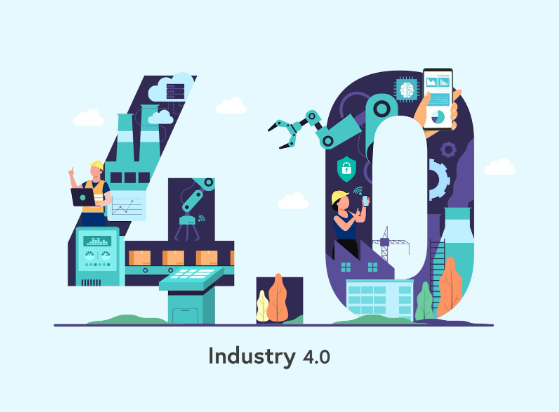The creation of an online store is important due to the growth of electronic commerce and the change in the mindset of consumers towards sustainability and local commerce. The benefits of having an online store include the opportunity to sell 24 hours a day, cost reduction, attracting more customers, better service and satisfaction, and differentiation from the competition. Zentricx offers technology solutions to help organizations in their transition to digital commerce.
Tag: digitization
Logistics 4.0: technology to win the last mile
The pandemic has boosted e-commerce and home deliveries, highlighting the importance of the "last mile" in the customer experience. Logistics increasingly requires data management and the adoption of technologies such as artificial intelligence, Big Data and the Internet of Things to meet consumer demands. Despite the growth of electronic commerce, digitization in the logistics sector in Spain is still lagging behind. Last mile optimization is achieved through smart warehouses, route optimization with Big Data and real-time tracking, which improves profitability and customer experience.
The double ring of industry 4.0: why technology needs to put people at the center
Industry 4.0 goes beyond digitization and focuses on human impact. The convergence of disruptive technologies transforms industrial practices and creates products and services aligned with market needs. It is necessary to combine technological enablers with a strategic and people-centered approach. The holistic vision of Industry 4.0 seeks relationships of trust and collaboration between all the actors in the ecosystem.
Industry 4.0: a close challenge for SMEs
Spanish SMEs, especially in the industrial sector, have low penetration of digitization and need to invest in technology and change their culture to maintain their competitiveness. The Plan to Promote the Digitization of SMEs 2021-2025 and the European Union funds for digital transformation seek to encourage the adoption of new technologies. SMEs often have a distant perception of Industry 4.0 and make mistakes by thinking that it only involves having a website and storing data in the cloud. To unlock the true potential of Industry 4.0, SMEs need a comprehensive mix of technologies and a holistic view, supported by technology partners and data experts.
Big data and the traps of spurious correlations
In Spain, it is estimated that around 68% of industrial companies are considered "digital novices" or "digital followers", which indicates that they have not yet fully adopted digitalization in their businesses and need to do so to improve their competitiveness. When analyzing large data sets, we warn against finding spurious correlations, where variables may appear related without having real meaning or where a third variable could be influencing them. Therefore, it is essential to interpret the data with caution, remembering that correlation does not imply causation, and to be aware of how graphs and visualizations are constructed to avoid erroneous conclusions.
What industrial revolution is your company in today?
The Fourth Industrial Revolution poses challenges for companies. Although digitalization forced by the pandemic has paved the way, there is still a long way to go. The adoption of Data Intelligence and Big Data tools is low in Spain, and many companies lack a consistent data strategy. Successful transformation requires a comprehensive business strategy change and the ability to anticipate disruptions.
The wine industry toasts the advances of digital transformation
The wine industry has growth potential in the adoption of digital technologies. IoT sensors, artificial intelligence and blockchain are used to improve production, traceability and efficiency. Digitalization helps predict the weather, optimize harvesting, monitor soil quality, and streamline processes. The challenge is to include SMEs in this process to maintain the competitiveness and quality of the wine.
Digital transformation as the engine of the vineyard of the future
The wine industry is in an early stage of digital transformation, but with a high potential for technology adoption. Digitization throughout the wine value chain can improve efficiency, traceability and marketing. Artificial intelligence, the Internet of Things and blockchain technology are key tools in this process.
The ABC's of a data science process
The COVID-19 pandemic has negatively impacted the Spanish economy, especially SMEs with a lower degree of digitalization. The SME Digitalization Promotion Plan and European Union funds provide opportunities to accelerate digital transformation. Data science is key, using data to make dynamic decisions and gain insights. The data science process involves defining the problem, preparing and studying the data, creating and validating models, and visualizing the results. You need a skilled team and a systematic approach to make the most of data and make informed decisions.










